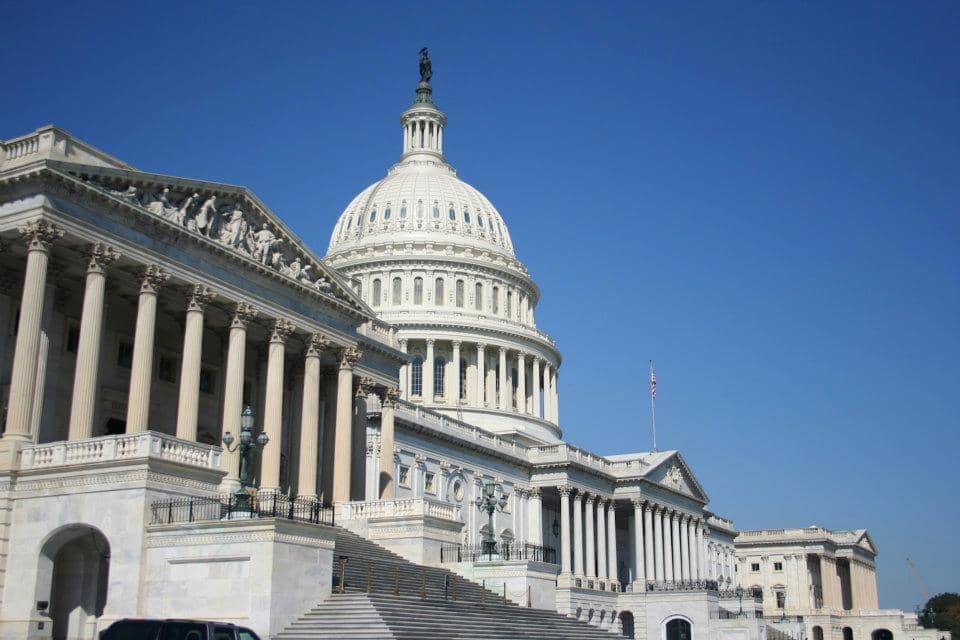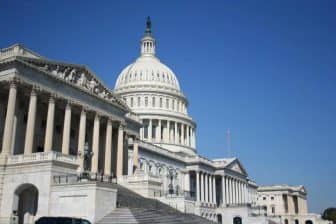

WASHINGTON, DC – Late last night, Congress unanimously voted to extend the U.S. Small Business Administration’s authority to approve Paycheck Protection Program, PPP, loans through Aug. 8, sending the measure to President Donald J. Trump’s desk.
When the President signs it into law, the SBA can immediately resume the PPP loan program through early August.
Earlier this week, hours before the program expired, the U.S. Senate unanimously approved the five-week extension. Last night, the U.S. House of Representatives followed suit, unanimously passing the Senate’s version of the measure, according to U.S. Senator Jack Reed’s office.
Reed, who supported the extension, says more comprehensive action by Congress is needed to rescue the economy.
“It is painfully obvious that the economy is still in bad shape and needs more help now. As small businesses continue to struggle, there is a real need for further federal aid. This legislation extends the deadline to access PPP assistance for small businesses which were either shut out in the beginning or deterred by some of the initial red tape and barriers the Trump Administration needlessly imposed early on,” said Reed. “People are hurting and Congress needs to provide more targeted assistance. Keeping the PPP window open is one small step, but Congress needs to take more comprehensive action.”
According to the most recent SBA update, Rhode Island’s total share of approved PPP funds is over $1.87 billion across 16,600 businesses, Reed’s office noted in a statement. Nationally, the program has supplied about $520 billion in forgivable loans to 4.8 million businesses across two rounds of funding.
Persistent Problems Plague PPP
Congress created the Paycheck Protection Program in the Coronavirus Aid, Relief, and Economic Security (CARES) Act (Public Law No. 116-136) and appropriated an initial $349 billion for the program, which was intended to be a lifeline for small businesses and workers. The PPP program was designed to offer forgivable small business loans to cover 8 weeks-worth of payroll and overhead costs.
But PPP has been plagued by problems, mismanagement, and lack of sound guidance from the Trump Administration. After the first round of PPP funding lapsed, Senator Reed sought important legislative fixes and updates to the program. Unfortunately, Congressional Republicans blocked any legislative fixes from being included in the second round of PPP funding, which increased the overall allocation to $659 billion. After continued pressure from the business sector and Democrats, Congressional Republicans ultimately came to the table and helped pass changes to PPP including extending the loan forgiveness period from 8 weeks to 24 weeks, altering the threshold that must be directed to employee wages from 75 percent to 60 percent, and increasing the loan term from two years to five years.
Reed noted that one of the reasons the funds have not been fully utilized is because the Trump Administration initially made it so onerous for small businesses to apply for federal loan forgiveness. The Paycheck Protection Program Flexibility Act (Public Law: 116-142), which Senator Reed cosponsored, made key improvements to the program. But Senator Reed says additional reforms and increased transparency are still warranted.
This is a test
